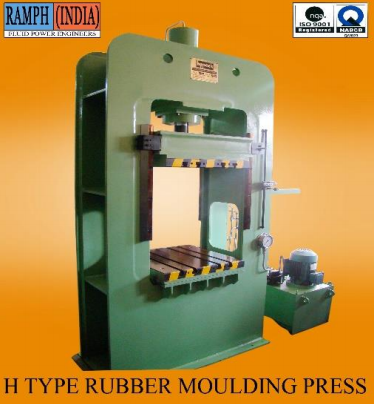H Type Rubber Moulding Press
A compression testing machine, essential for assessing the strength and durability of materials, is manufactured through a meticulous process that involves advanced engineering and precision. The core of the machine's functionality lies in its ability to apply a controlled compressive force to a sample and measure its response. The manufacturing process begins with the design phase, where engineers create detailed blueprints and specifications. These designs are then translated into physical components using high-quality materials such as steel and aluminum, which are selected for their strength and resistance to wear and tear. The machine's structure typically includes a robust frame, compression platens, and a load cell to accurately measure the force applied.
Precision machining is critical in the production of these components to ensure that they meet the exacting standards required for reliable testing. Components are fabricated using techniques such as CNC machining and casting. After fabrication, the components are assembled, and the machine undergoes rigorous testing to ensure that it functions correctly and provides accurate measurements. Calibration is a crucial step in this process, involving the adjustment of sensors and load cells to ensure the machine’s readings are precise.
In addition to the mechanical aspects, modern compression testing machines are often equipped with digital interfaces and software that allow for sophisticated data analysis and reporting. This integration of technology ensures that users can easily interpret test results and maintain accurate records. The final product is subjected to quality control checks to verify that it adheres to industry standards and safety regulations. Manufacturers of compression testing machines strive to balance innovation with reliability, ensuring their machines meet the evolving needs of industries such as construction, materials science, and engineering.

